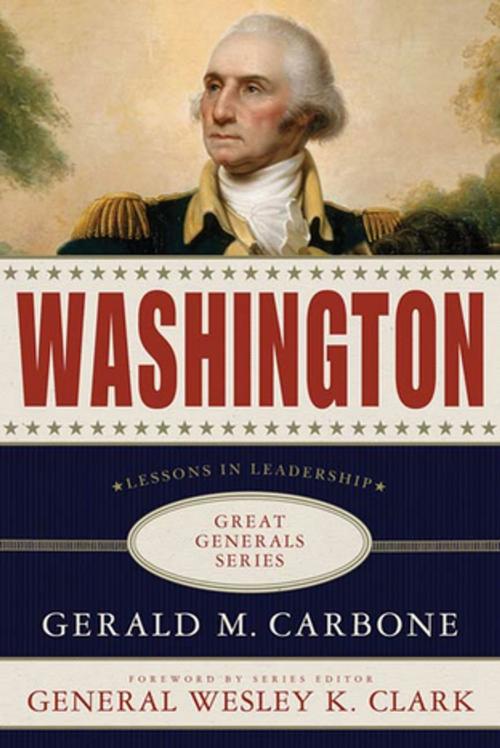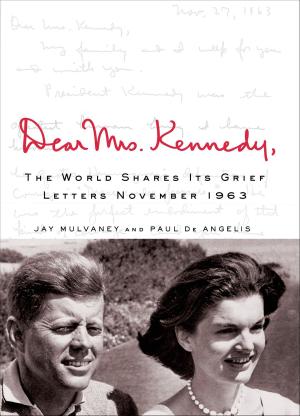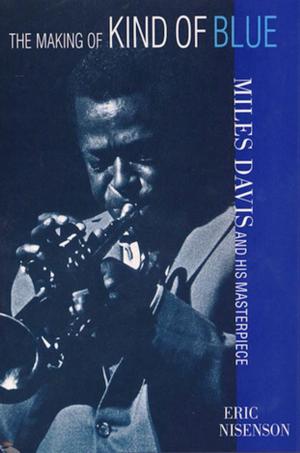Washington: Lessons in Leadership
Nonfiction, History, Americas, United States, Revolutionary Period (1775-1800), Military, Biography & Memoir, Historical| Author: | Gerald M. Carbone | ISBN: | 9780230104990 |
| Publisher: | St. Martin's Press | Publication: | December 22, 2009 |
| Imprint: | St. Martin's Press | Language: | English |
| Author: | Gerald M. Carbone |
| ISBN: | 9780230104990 |
| Publisher: | St. Martin's Press |
| Publication: | December 22, 2009 |
| Imprint: | St. Martin's Press |
| Language: | English |
Before he became "the Father of our Country," George Washington was the Father of the American Army. He took an army that had no experience, no tradition, and no training, and fought a protracted war against the best, most disciplined force in the world—the British Army. Deftly handling the political realm, Washington convinced Congress to keep his army supplied—a difficult task when the country was really just a loose confederation of states with no power to tax.
Washington influenced every phase of the Revolutionary war, from beginning to end. He left his mark with strategies and a vision of the Revolution as a war of attrition. His offenses were as brilliant as they were unpredictable, such as his legendary Christmas Day strike at Trenton, and a bold foray through the fog to nearly drive the British from the field at Germantown. It was an aggressive attack that helped convince the French that the American Army was worth supporting. In Washington, award-winning author Gerald M. Carbone argues that it is this sort of fearless but not reckless, spontaneous but calculated, offensive that Washington should be remembered for--as a leader not of infallibility but of greatness.
Before he became "the Father of our Country," George Washington was the Father of the American Army. He took an army that had no experience, no tradition, and no training, and fought a protracted war against the best, most disciplined force in the world—the British Army. Deftly handling the political realm, Washington convinced Congress to keep his army supplied—a difficult task when the country was really just a loose confederation of states with no power to tax.
Washington influenced every phase of the Revolutionary war, from beginning to end. He left his mark with strategies and a vision of the Revolution as a war of attrition. His offenses were as brilliant as they were unpredictable, such as his legendary Christmas Day strike at Trenton, and a bold foray through the fog to nearly drive the British from the field at Germantown. It was an aggressive attack that helped convince the French that the American Army was worth supporting. In Washington, award-winning author Gerald M. Carbone argues that it is this sort of fearless but not reckless, spontaneous but calculated, offensive that Washington should be remembered for--as a leader not of infallibility but of greatness.















